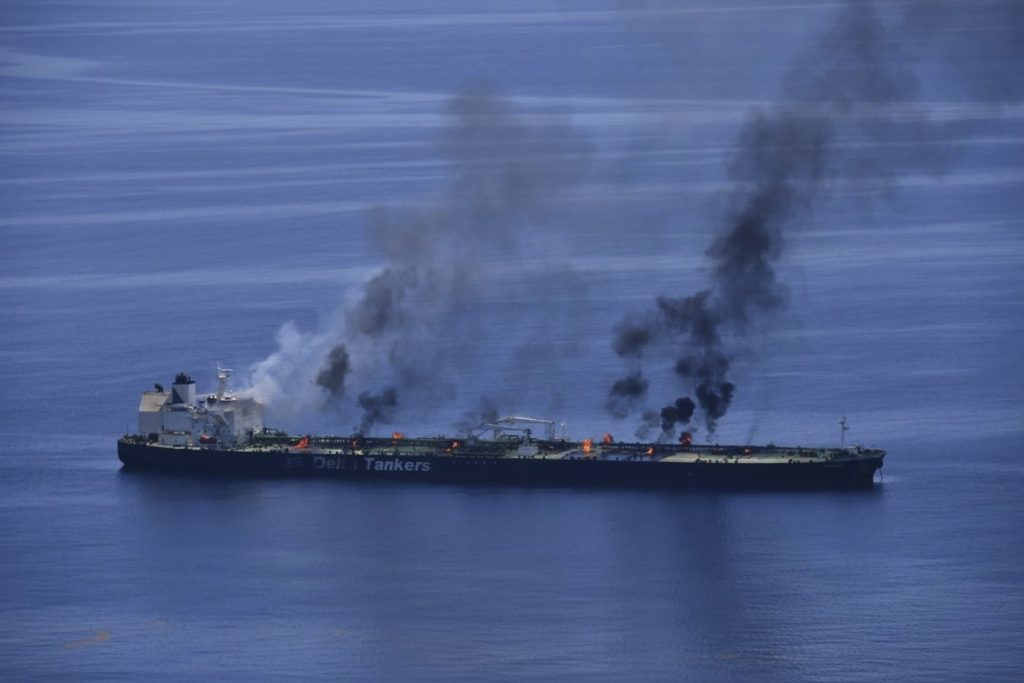ATHENS, Greece (AP) – The rebel Houthi group in Yemen has announced a significant escalation in its military operations, declaring its intention to target merchant ships belonging to any company that does business with Israeli ports, irrespective of the company's nationality. This decision comes as part of a broader strategy in response to the ongoing Israel-Hamas war, with the Houthis framing their actions as solidarity with the Palestinian people.
The Iran-backed Houthis have been actively engaged in a campaign against merchant vessels in the Red Sea, a vital shipping lane through which approximately $1 trillion of goods pass annually. Their recent statement indicates that they are entering what they describe as the "fourth phase" of their naval blockade against Israel, emphasizing that all ships affiliated with companies dealing with Israeli ports will be targeted in any location reachable by their armed forces.
In their announcement, the Houthis explicitly stated that vessels would be attacked regardless of their final destination. They urged the international community to exert pressure on Israel to halt its military actions in Gaza and to lift the blockade imposed on the Palestinian territory. This call to action underscores the group's aim to gain support for its military operations against perceived Israeli interests.
Earlier in November, the Houthis conducted attacks on two Liberian-flagged, Greek-owned bulk carriers: the Magic Seas and the Eternity C. The assault on the Eternity C resulted in the deaths of four crew members, with an additional 11 taken captive, while all 22 crew members aboard the Magic Seas were rescued prior to the ship sinking.
From November 2023 to December 2024, the Houthis had already targeted over 100 ships using missiles and drones. Their assaults temporarily ceased during a brief ceasefire in the Israel-Hamas conflict, after which they became the focus of an extensive airstrike campaign ordered by U.S. President Donald Trump aimed at diminishing the Houthi threat.
In May, a tentative agreement was reached between the U.S. and the Houthis, offering an end to airstrikes in exchange for a cessation of attacks on shipping targets. However, the Houthis asserted that the deal did not prevent them from targeting entities that they believed were aligned with Israel.
The escalation of hostilities in the region poses significant risks for global shipping operations, especially given the strategic importance of the Red Sea in international trade routes. The Houthi's strategy appears to be a calculated move to leverage regional tensions in support of their cause, while also threatening the security of maritime commerce linked to Israel.











